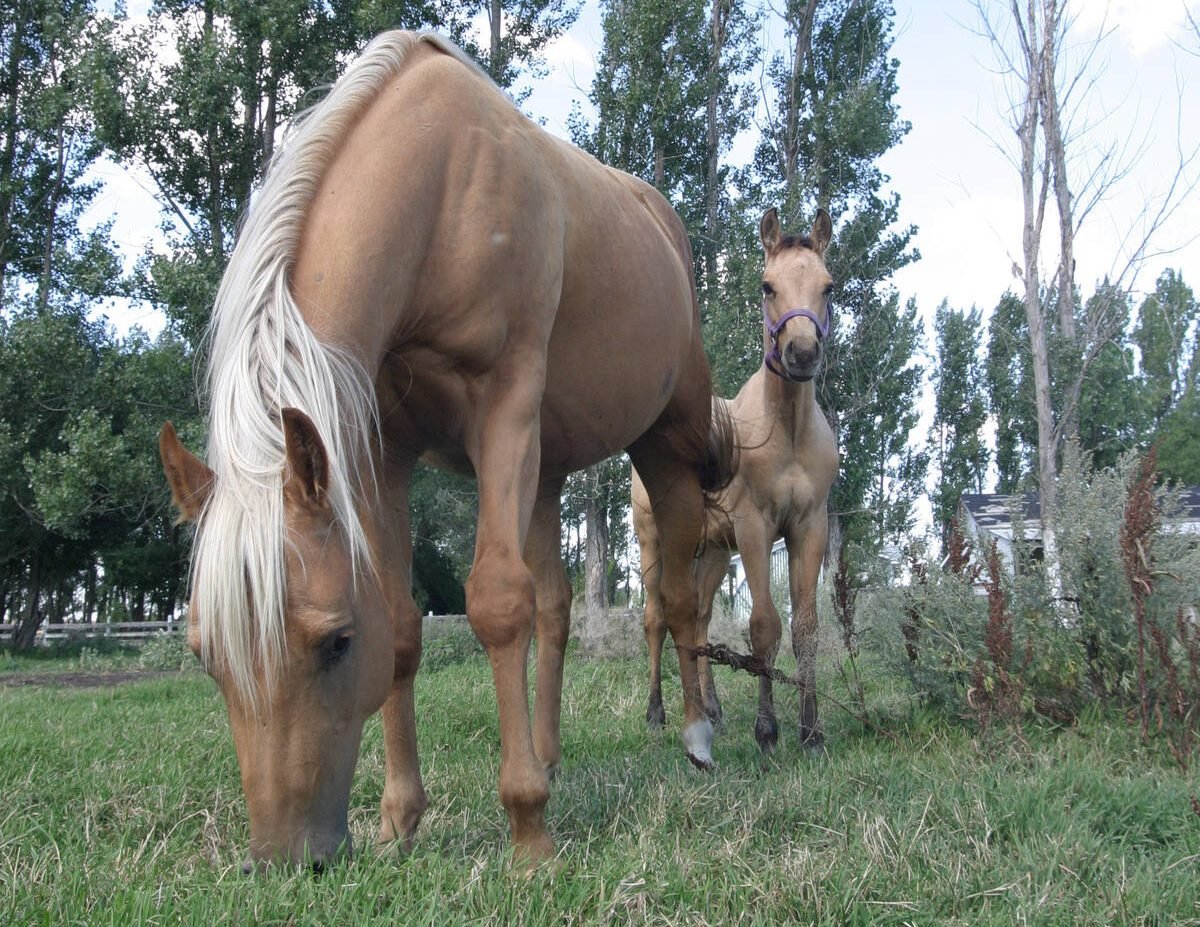Alberta Beef Producers has less funding because of check-off changes
Alberta Beef Producers must pick and choose which research projects it can fund because it no longer has a secure income.
“We are looking at a 63 percent decrease in research funding since the loss of income from the refundable checkoff,” said Karin Schmid, the organization’s beef production specialist.
ABP is funded with a $3 checkoff on each animal sold in Alberta. A $1 levy is subtracted for national projects, but the remaining $2 has been refundable by request for the last five years.
Alberta has been a large supporter of the national research strategy since it was formed.
Read Also

Growth plates are instrumental in shaping a horse’s life
Young horse training plans and workloads must match their skeletal development. Failing to plan around growth plates can create lifelong physical problems.
The Beef Cattle Research Council, which was formed in 2001, oversees projects. Of the $1 remitted to the national check-off agency, Alberta designates 20 cents for the research council and the rest goes to Canada Beef Inc.
The research council oversees the beef science cluster, which includes government, beef associations and private groups such as the Grey Wooded Forage Association, Elanco and Pioneer.
ABP provided the science cluster with $100,000 per year for the first five years after it began in 2009. It also contributed another $250,0000 to individual projects.
“Right now we are in a funding environment if industry has money on the table, government adds money,” she said.
The science cluster concept was renewed in 2013 and has $15 million from government and $5 million from the industry. Most support is directed toward forage, grasslands and environmental studies, as well as feed efficiency, animal health and well being. Other areas of research include beef quality, feed grains, food safety and technology transfer.
ABP had previously committed $1.5 million over five years to help fund feed grain research in Alberta, but that funding ended at the beginning of this year. It will provide another $200,000 this spring.
Schmid said the feed grains research has paid off with a number of new varieties registered, including six new barley varieties, three new spring triticale and one new wheat.
She said a call for research projects went out this year, but only three were approved because of funding limitations. One of them is a protein supplementation project. It is believed that many cows are protein deficient in the last stages of gestation, which affects the fetus and early development of the calf.
Another study is examining the effects of trace minerals on cows. It is funded by the beef research council and will test cows to see what they might be deficient in and if that affects pregnancy and calving outcomes. Researchers also want to know if there are regional differences in mineral deficiencies.
The other project will investigate the benefits of using sainfoin and cicer milk vetch for grazing.
The ABP also helped create the Alberta Forage Beef Centre to close the research gap that occurred when the Western Forage Beef Group collapsed.
Both levels of government support rebuilding a centre to co-ordinate beef and forage research in the province. Projects are likely to include reducing winter feeding costs, cow efficiency and expanding research and extension capacity.
It will be based at Lacombe, but work will also be done at other centres. The government has agreed to provide staff, facilities and expertise through extension networks, while the industry will provide cash, expertise and direction. ABP said it would contribute $25,000 for the next two years as funds are available.
barbara.duckworth@producer.com















